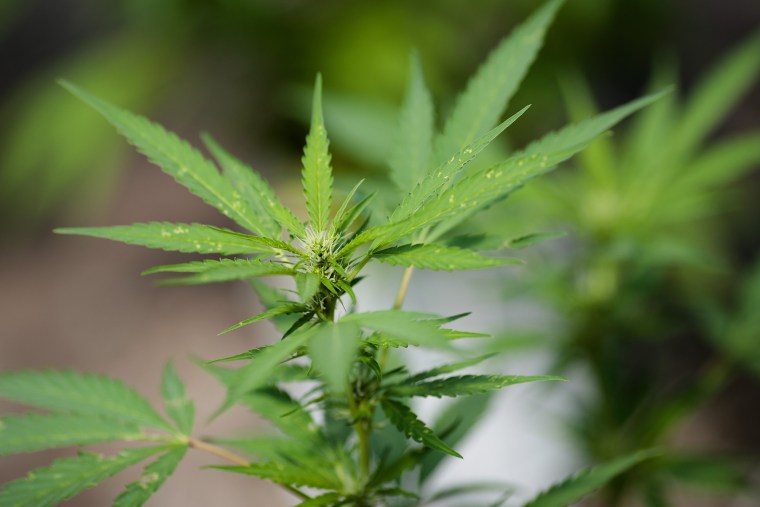Marijuana can help ease chronic pain but it can also raise the risk of severe mental illness, including schizophrenia, a comprehensive new report found.
A team of top experts looked at all the studies that have been done on the use of cannabis — marijuana and products made from marijuana — and its impact on health.

They can debunk some beliefs and raise a few warnings, but for the most part the committee appointed by the National Academies of Science, Engineering and Medicine said more study is needed.
The issue is important. Cannabis is legal for medical use in 28 states and Washington, D.C. and eight states plus D.C. have legalized the recreational use of marijuana and marijuana-derived products.
The report said 22.2 million Americans age 12 and older said they had used cannabis in the past month. Ninety percent say they use it recreationally.
The committee came to 100 conclusions about cannabis. Here’s some of what they found:
Benefits
- “There is conclusive or substantial evidence that cannabis or cannabinoids are effective for the treatment of chronic pain in adults,” the team, led by Marie McCormick of the Harvard T.H. Chan School of Public Health, wrote.
- “There is moderate evidence that cannabis or cannabinoids are effective for improving short-term sleep outcomes in individuals with sleep disturbance associated with obstructive sleep apnea syndrome, fibromyalgia, chronic pain and multiple sclerosis.”
- Lab-made cannabis pills can help spasms caused by multiple sclerosis.
- Pills can also help prevent and ease nausea caused by chemotherapy.
Risks
- Studies show cannabis use is likely to increase the risk of developing schizophrenia, other psychoses, and social anxiety disorders. It can also raise the risk of depression, studies have found.
- Heavy marijuana users are more likely to report thoughts of suicide and heavy use of the drug can worsen symptoms of bipolar disease.
- Learning, memory and attention are impaired after using cannabis and there’s some evidence that they are damaged even after people stop using it.
- Studies have found some evidence cannabis use can raise the risk of unemployment, and users earn less than non-users.
- It can impair driving.
- Use may raise the risk of testicular cancer.
- Smoking marijuana may trigger a heart attack.
- It can worsen bronchitis and chronic cough.
- Babies born to women who smoke marijuana while pregnant can weigh too little.
What cannabis doesn’t do
- There’s evidence that smoking marijuana does not raise the risk for cancers caused by tobacco use, such as lung cancer and head and neck cancer.
- “There is moderate evidence of no statistical association between cannabis use and … lung cancer (and) … head and neck cancers,” the report added. But there’s not much evidence about other cancers.
- There’s also not enough evidence to show if cannabis can help amyotrophic lateral sclerosis (ALS or Lou Gehrig’s disease), Parkinson’s disease or Huntington’s disease.
- There’s some evidence cannabis does not help dementia.
- It’s not clear if smoking cannabis worsens asthma, emphysema or chronic obstructive pulmonary disease.
